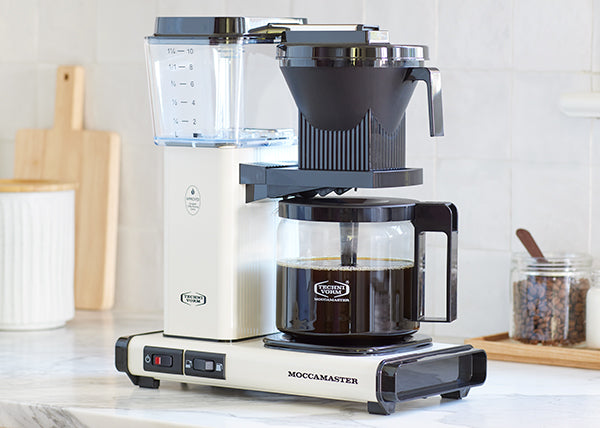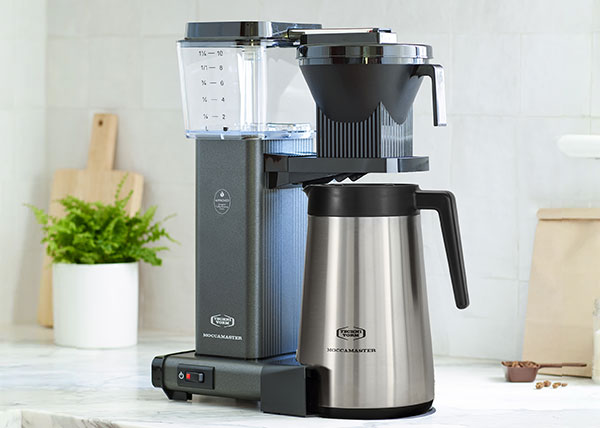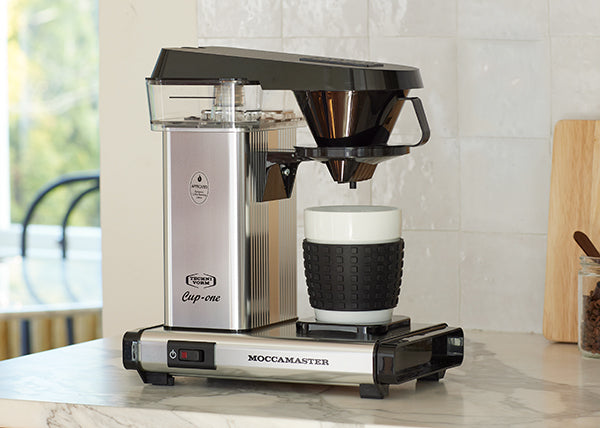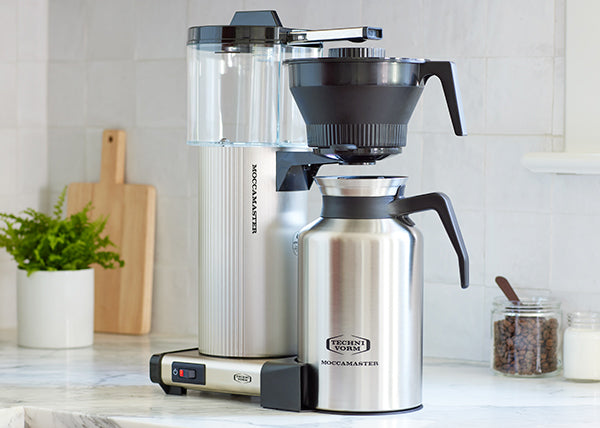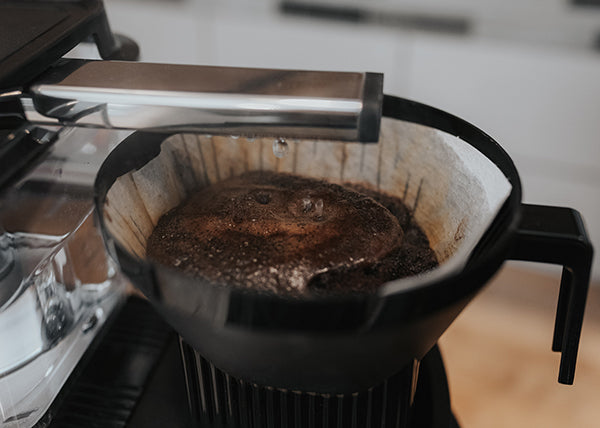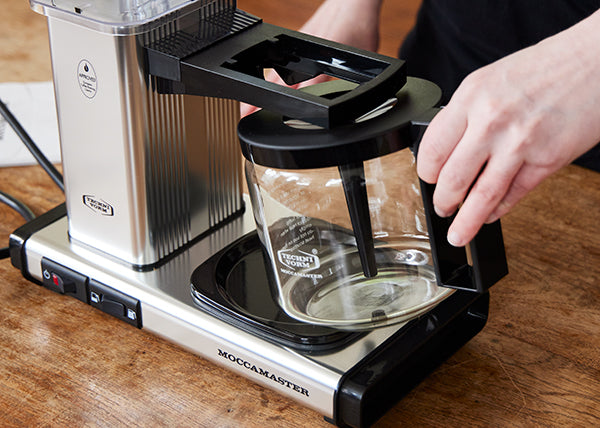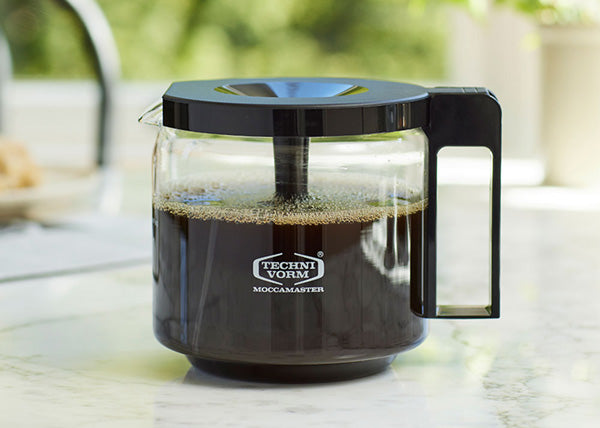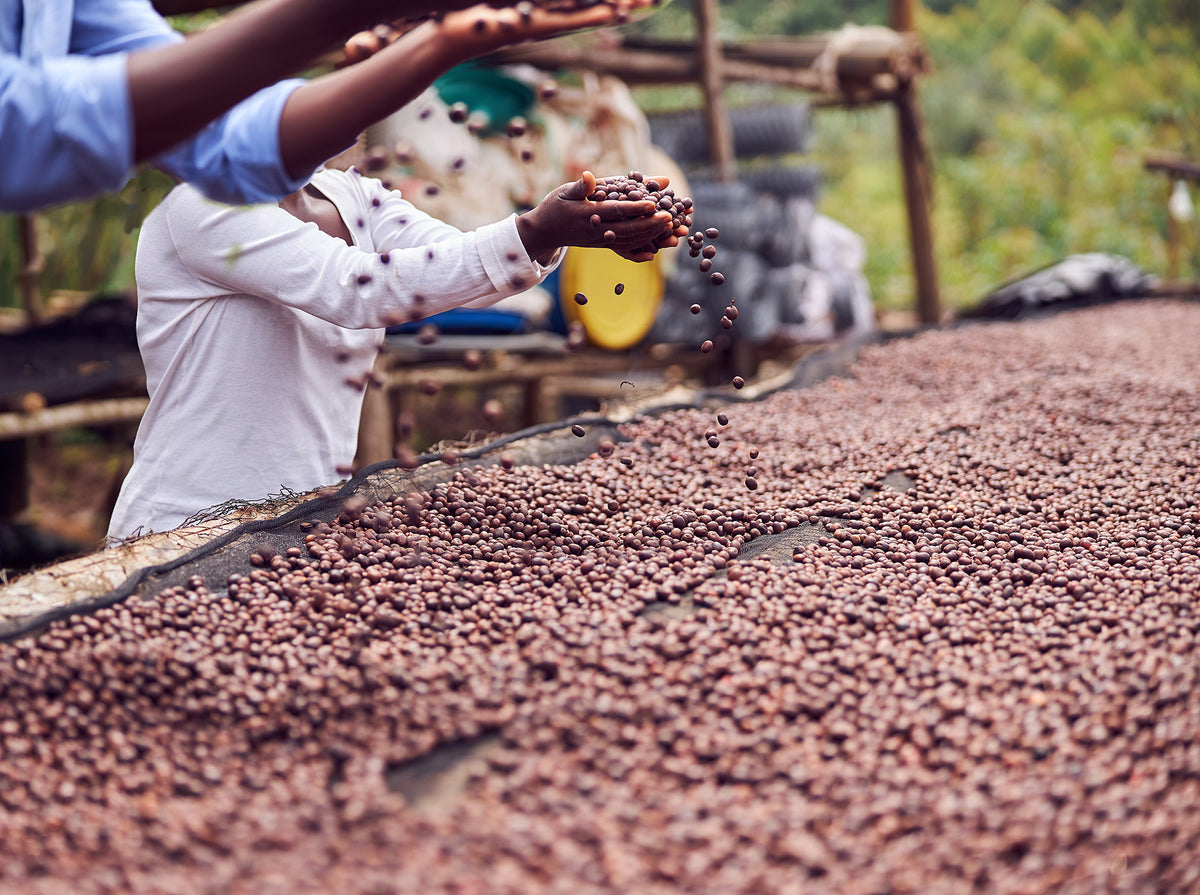Anytime you drink a cup of coffee, you have the Africa/Arabia region to thank. That’s because the coffee plant originated from Ethiopia. After making its way to Yemen for commercial cultivation, coffee began to spread across the world.
The name of the most popular coffee bean variety, Arabica, stems from the region. The other main type of coffee bean, Robusta, also originates from Africa, where it grows wild in countries like Uganda.
Although Africa/Arabia is no longer the coffee powerhouse that it used to be, you can still find great beans that come from this region.
“While a relatively small producer relative to Latin America and the Asia Pacific, Africa boasts some of the world’s most exotic and archetypical coffees,” says Scott McMartin, founder of Fundamental Coffee and head of coffee for the Mercon Coffee Group. He is also a Coffee Quality Institute Certified Q Grader.
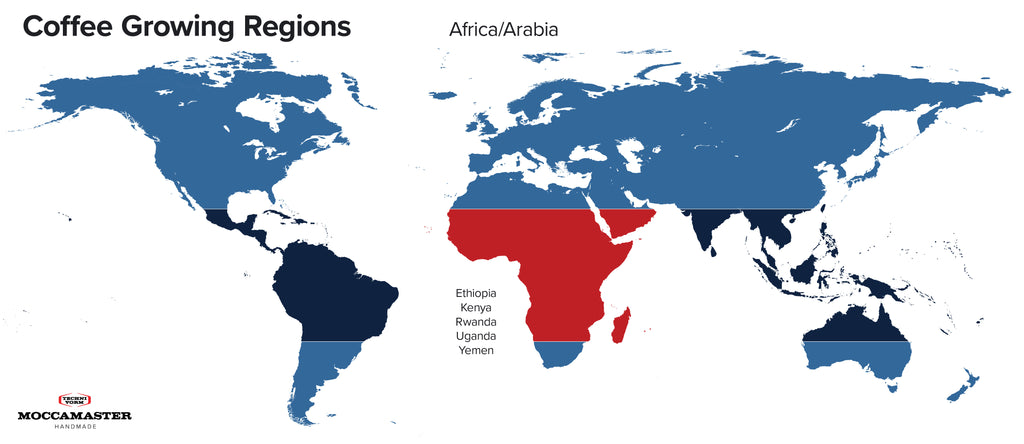
History of Coffee in Africa/Arabia
As mentioned, the history of coffee in Africa/Arabia is also the early history of coffee as a whole. There’s a legend about a farmer in Ethiopia who noticed his goats had extra energy after consuming the fruit of coffee plants, but it’s unclear how true that story really is or exactly how it crossed the Red Sea to Arabia.
Still, Ethiopia is widely considered the birthplace of coffee. And as the book Espresso Coffee: The Science of Quality notes, “there is written evidence for extensive cultivation of coffee in the Arabian Peninsula (Yemen) by the twelfth century.”
In fact, the name mocha, often used within the coffee world, can be traced back to the Yemeni port city of Mocha.
Likewise, the names “coffee” and “cafe” perhaps stem from the Arabic word “qahwa,” though some say the word coffee comes from the Kaffa region of Ethiopia. Either way, the Arabic world was an early influencer, with coffee often used for religious purposes.
“Qahwa originally meant wine, and Sufi mystics in Yemen used coffee as an aid to concentration and even spiritual intoxication when they chanted the name of God,” explains a BBC article.
During the 1500s, coffee started notably spreading through the Islamic world, and by the 1600s it made its way across Europe.
What Does Coffee From Africa/Arabia Taste Like?
The taste of coffee depends on several factors ranging from growing conditions to roasting choices to the brewing process. Even within specific countries, coffee flavors can vary from one farm to the next, depending on the types of plants and other farming practices. So, categorizing all coffee across a region as large as Africa/Arabia is difficult.
That said, it’s not uncommon to find coffees from Africa/Arabia with floral and citrus flavors.
To get more specific, here we’ll examine flavor profiles from some of the top coffee-growing countries in the region.
What Does Coffee From Ethiopia Taste Like?
In addition to being the largest coffee producer in Africa/Arabia, according to the International Coffee Organization (ICO), Ethiopia also grows delicious beans within different famous regions of the country.
“The exotic Yirgacheffe and Sidamo coffees are sought for the incredible cup profiles which may include descriptors like lemon, jasmine, eucalyptus, and more overt black fruit and berry notes from natural process coffee,” says McMartin.
What Does Coffee From Uganda Taste Like?
Uganda is the second-largest coffee-producing nation in Africa/Arabia. McMartin notes that “more commercial types are found in countries like Uganda.”
While Arabica beans are popular throughout much of Africa, Uganda is better known for growing Robusta beans, though some Arabica production does exist in the country. Robusta beans are often considered to lack the flavor quality of Arabica beans. However, since Robusta is native to Uganda, the quality is arguably better than Robusta grown in other parts of the world.
The Uganda Coffee Development Authority (UCDA) is working to raise the status of Robusta beans from Uganda, noting in a tweet that “Our robusta coffee is grown in some of the highest altitudes in the world giving it the best flavour profiles.”
An article inTalk About Coffee refers to the UCDA’s work to elevate Ugandan Robusta, noting that “The beans are hard, which yields a nice, even roast. The flavor is smooth and neutral, almost sweet. The beans have a high frothing property, which makes them ideal for preparing espresso.”
What Does Coffee From Kenya Taste Like?
Another popular coffee-growing country in Africa is Kenya.
“Kenyan coffee is also prized for its bracing citric acidity and heady floral aromas,” says McMartin.
Other descriptors of Kenyan coffee include berry notes and sweet flavors of honey or sugar.
What Does Coffee From Yemen Taste Like?
Even though Yemen no longer sits at the center of the coffee trade, it remains one of the best areas to grow tasty coffee.
“Yemen coffee, especially the Sanani and Matari types, can have an incredible flavor profile. Deep cherry and blueberry notes with cocoa powder aftertaste make these coffees really exotic,” says McMartin.
However, he notes, drought and difficult political conditions make it hard to predictably export high-quality coffee from Yemen. “Less and less good quality Yemen coffees reach the export market these days,” he says.
See What Flavors You Can Find From Africa/Arabia
While we’ve explored some of the more notable flavors coming from Africa/Arabia, there are many varieties to choose from, and the tastes can vary widely. So, we recommend experimenting with different types of coffee from Africa/Arabia to see what you like.
Using your Moccamaster, you can experience the real taste of different varieties of coffee. See what you can find as you dive deeper into the world of coffee.
Explore all the coffee growing regions.


